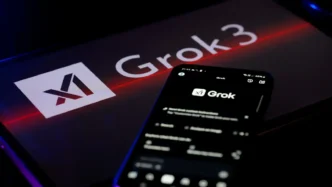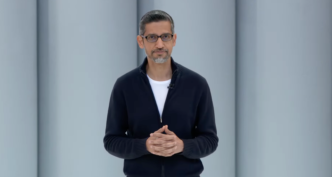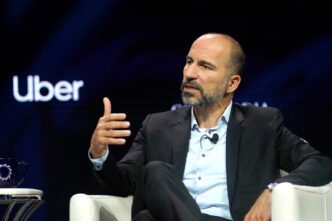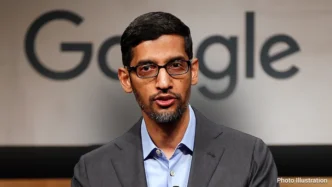Microsoft and GitHub are throwing their weight behind Anthropic’s Machine Connection Protocol (MCP), a rising open standard that bridges AI models and the external data they need to perform real-world tasks.
Unveiled at the Build 2025 conference, the move signals deeper alignment between key AI infrastructure players. With GitHub joining the MCP steering committee and Microsoft pledging first-party support across platforms like Azure and Windows 11, the adoption of MCP is quickly becoming a major trend in enterprise AI development. Earlier this year, OpenAI and Google also committed to integrating MCP within their AI ecosystems.
At its core, MCP enables developers to build two-way connections between AI models and external data sources — whether that’s business tools, app content, software systems, or development environments. By wrapping app features in “MCP servers” and creating “MCP clients” that can tap into those features on demand, developers can design more powerful, context-aware AI applications.
In the coming months, Microsoft plans to bring MCP support directly into Windows. Developers will be able to expose operating system features — including the file system, windowing services, and Windows Subsystem for Linux — as MCP servers. This will allow AI models to interact with those components securely and dynamically.
Microsoft says this opens up a new class of Windows-native AI integrations. For example, a developer could build an app that lets an AI agent browse files, manage windows, or interact with Linux tools using real-time context — all through MCP.
GitHub, meanwhile, is also helping shape the protocol’s evolution. Alongside the MCP steering committee, GitHub co-developed a registry service that simplifies how MCP servers are discovered and managed. This makes it easier for developers to implement both public and private repositories for various MCP components and configurations.
Security and trust are also getting an upgrade. Microsoft’s identity and security teams worked with Anthropic and the wider MCP community to roll out a new authorization specification. It supports secure sign-in methods, allowing users to give AI agents access to sensitive services — such as private cloud drives or paid subscriptions — in a privacy-respecting way.
As AI agents increasingly move from toy applications to enterprise-grade tools, MCP is shaping up to be a foundational layer. With GitHub and Microsoft now on board, the standard is well-positioned to accelerate how AI interfaces with the real world.













